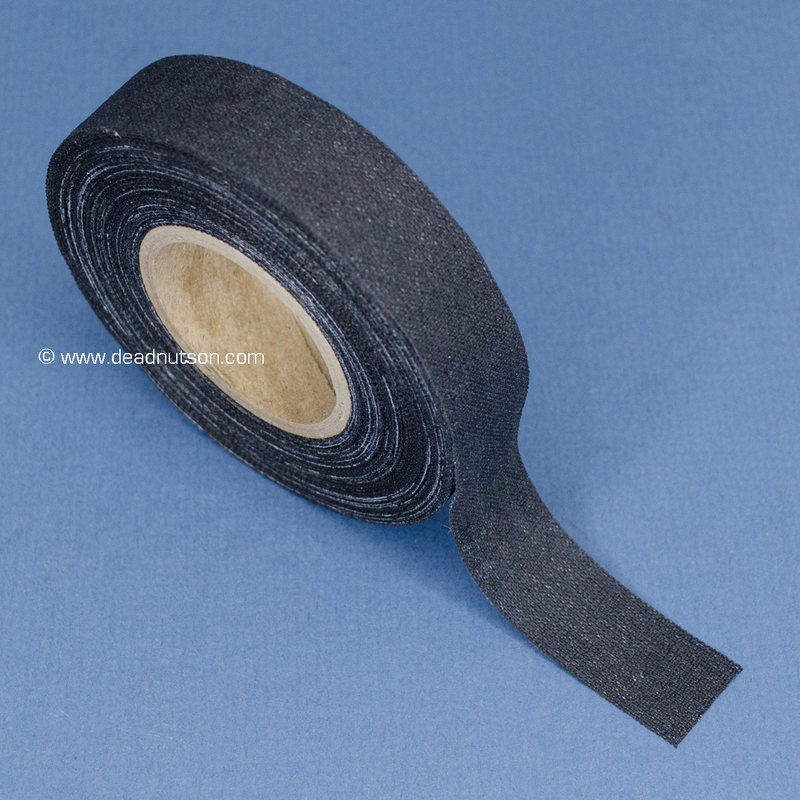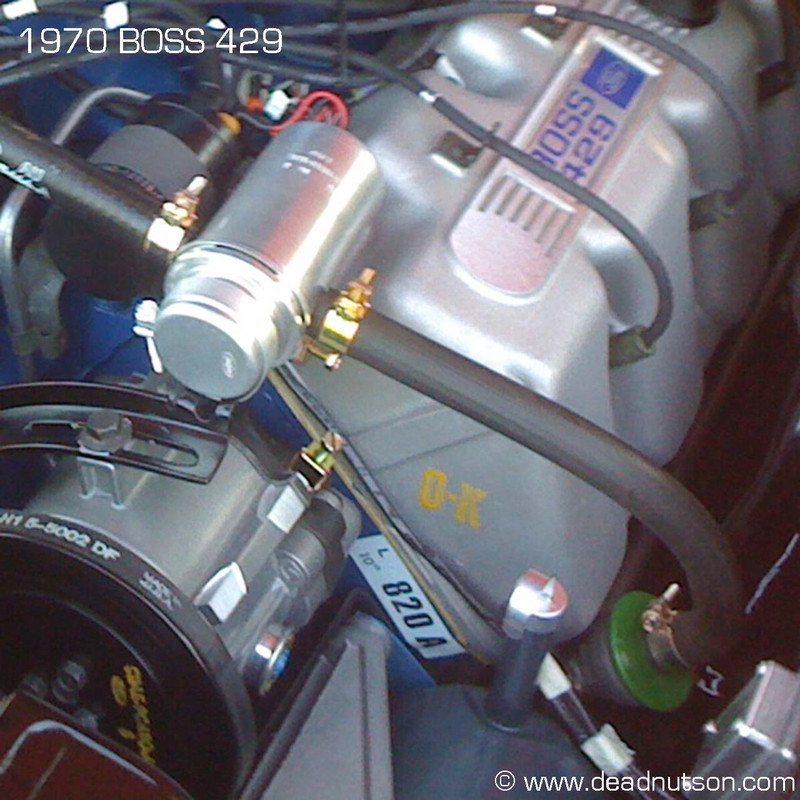
Description: O-K Stamp
Year: 1969-70
Model: Mustang, Cougar, Shelby, Ford, Mercury
Model Options: ALL
Engine: BOSS 302, 390, 428 CJ, 428 SCJ, 1970 BOSS 429
Construction#: Wood and high quality rubber
Quantity: 1 stamp
Accuracy Rating: 10
Best Repro Available: YES
Jack's Comments:
This is the most common O-K stamp found on FORD engines from 1969-70. It measures approximately 1" tall by 1 1/8" wide. Copied from an original survivor BOSS 302 valve cover.
Common Locations:
1969 BOSS 302 Alternator/Smog pump bracket (see last picture)
1969-70 BOSS 302 Drivers side valve cover (chrome and aluminum)
1969-70 390 Drivers side valve cover
1969-70 390 Drivers side valve cover
1969-70 428 S/CJ Drivers side valve cover (chrome and aluminum)
1970 BOSS 429 Drivers side valve cover (see picture below)
Concours Notes:
There were several variations of this O-K stamp used by the Ford engine plants during the late sixties but this size and style seem to be the most common.
Basic Tip: If you don't have some good industrial ink we suggest using yellow spray paint. Spray a thin coat onto a smooth surface, wait a few minutes for the paint to dry a little and then apply the stamp. Stamps with wet paint can slip and get sloppy looking on smooth surfaces. Test your stamp on something with a smooth finish before stamping your valve covers so you get comfortable applying the stamp. (Glass works well for this and can easily be removed again and again)
Q: I need to redo the O-K stamp on my aluminum valve cover as they have been refinished. Any tips you can pass along on re-applying it?
A: Applying the OK stamp looks simple but can tricky since you really want to stamp it only once since removing the paint if you make a mistake might be difficult on aluminum valve covers. I would practice stamping a surface with the similar texture before stamping the actual valve cover. You could use the inside of the valve cover to test your stamping skills and to test if you can remove the paint if you make a mistake (I'm assuming the finish is the same as the outside).










